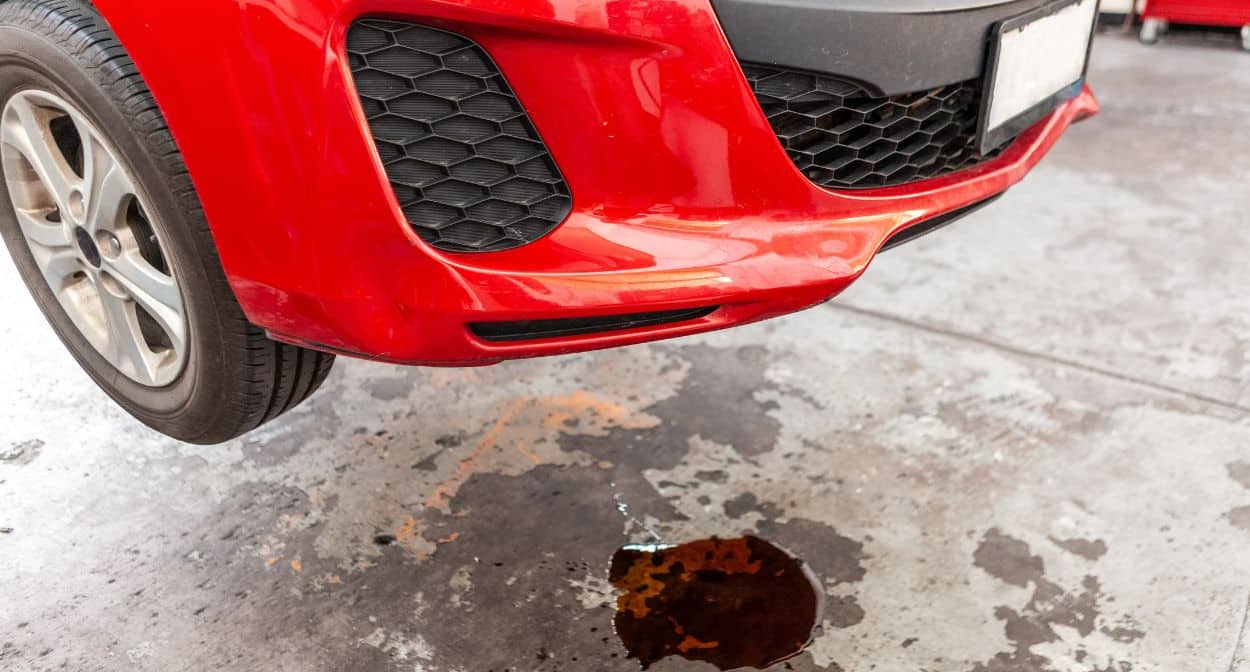1. Oil Leaks

Causes:
- Aging Gaskets and Seals: Over time, gaskets and seals can become brittle due to engine heat and pressure, leading to oil leaks.
- Improper Oil Type: Using the wrong type of oil or low-quality oil can accelerate wear on seals and gaskets.
- Engine Design: Some European engines, particularly those in BMWs and Audis, have complex designs that can exacerbate oil leak issues.
Prevention Tips:
- Regular Inspections: Have your vehicle inspected every few months or during every oil change to check for any early signs of leaks.
- Use High-Quality Oil: Always use the manufacturer-recommended oil type and ensure it meets European car standards (e.g., ACEA). This helps maintain the integrity of seals and gaskets.
- Replace Gaskets When Needed: If you notice even small leaks, address them early before they worsen and affect other components of the engine.
2. Oil Sludge Buildup
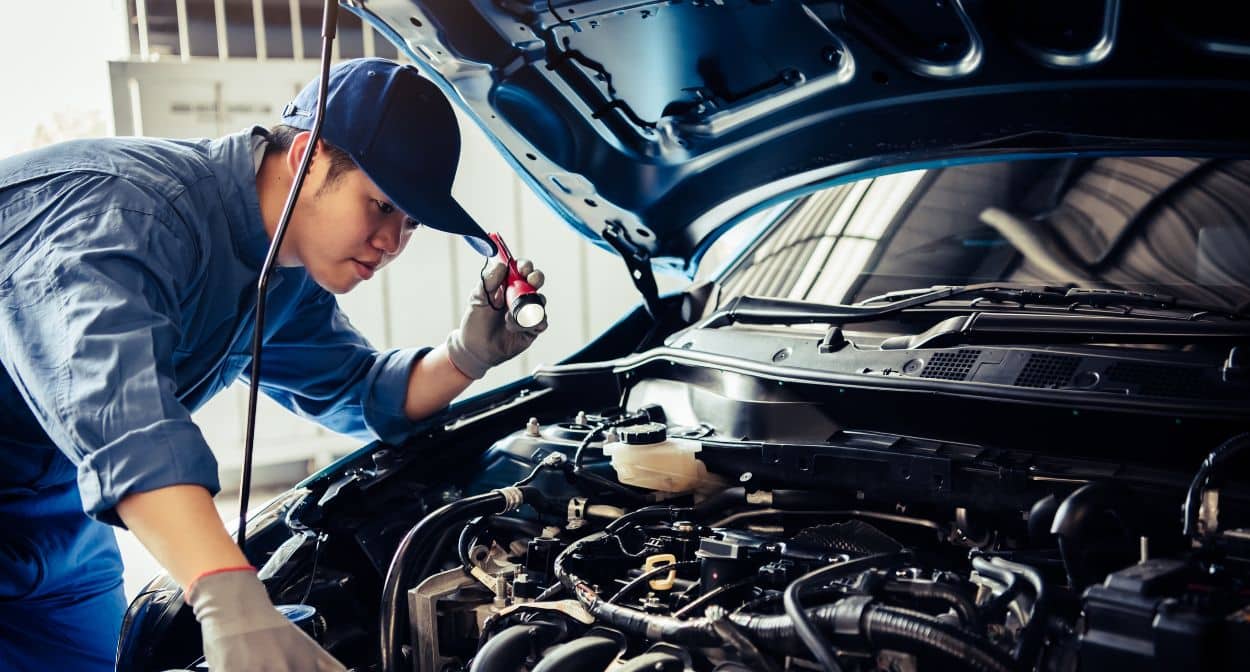
Sludge buildup is another common problem in European imports, particularly in older models. It results from oil that hasn’t been changed frequently enough or from using oil that isn’t suited to the car’s specific engine requirements.
Causes:
- Infrequent Oil Changes: When oil isn’t changed on schedule, it can oxidize, thicken, and turn into sludge.
- Low-Quality Oil: Low-quality or incorrect oil for European engines may not resist sludge formation as well as high-quality synthetic oils.
- Stop-and-Go Driving: Frequent short trips and stop-and-go traffic don’t allow the engine to reach optimal temperatures, which can increase the chance of sludge formation.
Prevention Tips:
- Change Oil Regularly: Follow the manufacturer’s recommended oil change intervals and consider shortening them if you primarily drive in heavy traffic or make short trips.
- Use High-Quality Synthetic Oil: Synthetic oils resist oxidation and sludge formation better than conventional oils, making them ideal for European engines.
- Regular Engine Cleaning: Consider adding an engine cleaner to your oil changes to flush out sludge buildup in older vehicles.
3. Oil Filter Issues
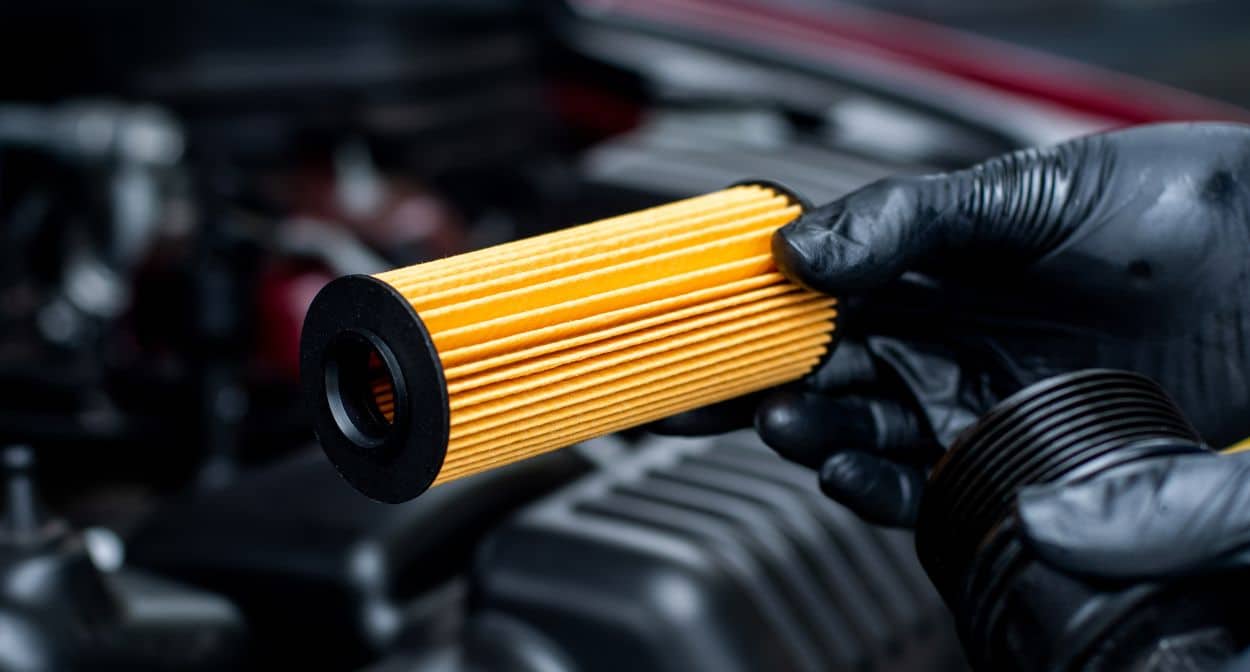
Oil filters are crucial for keeping your engine oil clean, but in European imports, a neglected or low-quality oil filter can lead to reduced oil flow or contamination.
Causes:
- Using Incompatible Filters: European vehicles often require specific oil filters, and using generic or incompatible filters can lead to improper oil filtration.
- Skipping Oil Changes: When oil changes are skipped, the oil filter may clog or become less effective, reducing oil flow and causing wear on the engine.
- Inferior Quality Filters: Some aftermarket oil filters may not meet the quality standards needed for high-performance European engines.
Prevention Tips:
- Use OEM or High-Quality Filters: Choose filters recommended by your vehicle’s manufacturer, as they’re designed to meet the specific needs of your engine.
- Replace Filters with Every Oil Change: Always replace your oil filter with every oil change to ensure clean, unrestricted oil flow.
- Regular Maintenance: Staying on top of routine maintenance, including oil and filter changes, helps keep your oil filter performing at its best.
4. Low Oil Pressure
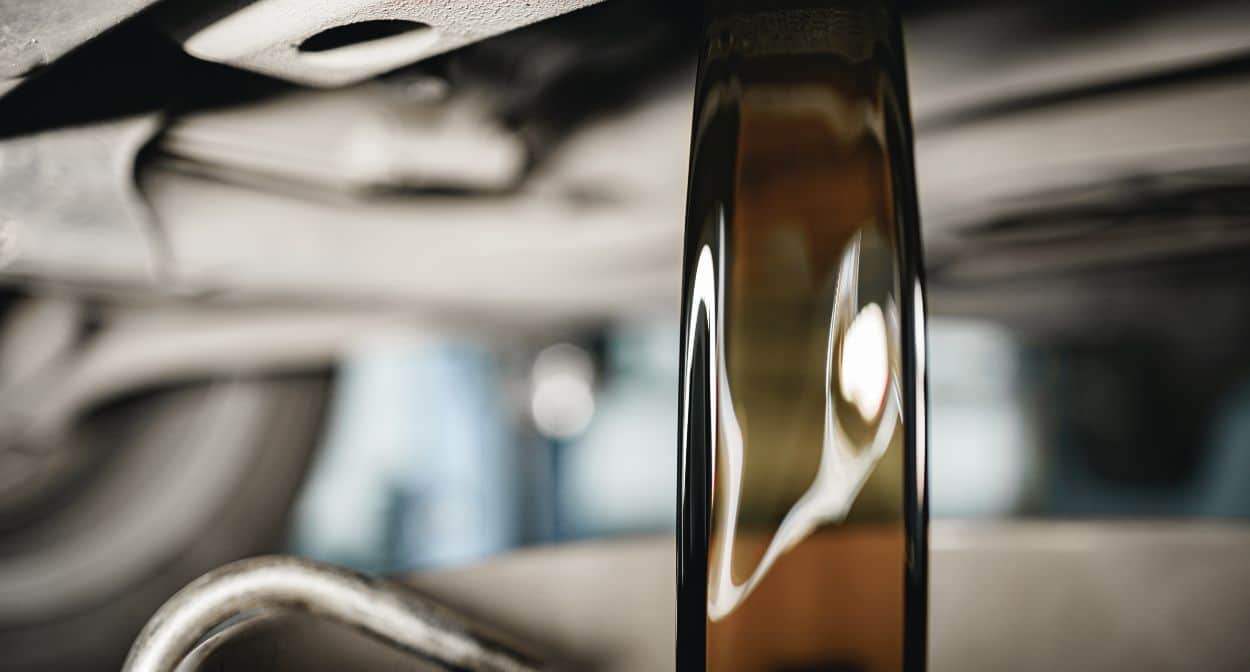
Causes:
- Worn Bearings or Pump: Components like the oil pump or engine bearings can wear out over time, leading to lower oil pressure.
- Improper Oil Viscosity: European imports often require specific oil viscosities; using oil that is too thick or too thin can affect oil pressure.
- Dirty or Old Oil: When oil becomes contaminated, it can thicken, restricting flow and reducing pressure.
Prevention Tips:
- Stick to Recommended Oil Viscosity: Always use the oil viscosity specified in your vehicle’s manual. European vehicles often require thinner oils to maintain pressure and circulation.
- Monitor Oil Levels: Low oil levels can reduce oil pressure, so check and top up oil between changes if necessary.
- Address Warning Lights: If your oil pressure warning light comes on, have your car inspected immediately to prevent further engine damage.
5. Oil Consumption
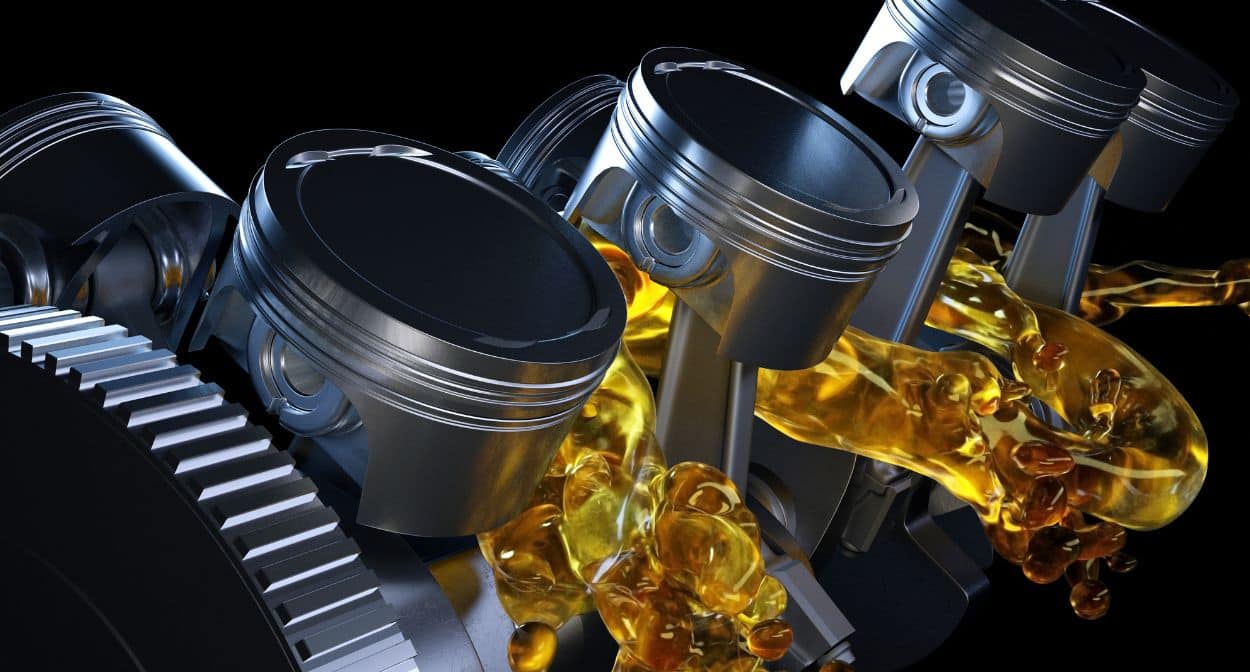
Causes:
- Engine Design: High-performance European engines are often designed to run hotter, leading to increased oil consumption.
- Worn Piston Rings or Valve Seals: As vehicles age, worn piston rings or valve seals can allow oil to seep into the combustion chamber, increasing oil consumption.
- Turbocharger Use: Turbocharged engines tend to use more oil as well, especially under heavy loads.
Prevention Tips:
- Monitor Oil Levels Regularly: Check oil levels every few weeks, especially if your vehicle has a history of oil consumption.
- Use High-Quality Synthetic Oil: Synthetic oil often has better viscosity stability, reducing the rate of oil consumption.
- Inspect for Leaks and Worn Components: Have a mechanic check for leaks or worn components if your car is consuming excessive amounts of oil.
Conclusion
European imports require extra attention to oil maintenance due to their unique engineering and performance standards. By addressing issues like oil leaks, sludge buildup, filter problems, and oil consumption proactively, you can help ensure your vehicle continues to perform at its best. Regular maintenance, high-quality oil, and the use of manufacturer-recommended parts are key to preventing and managing these common oil-related problems.


